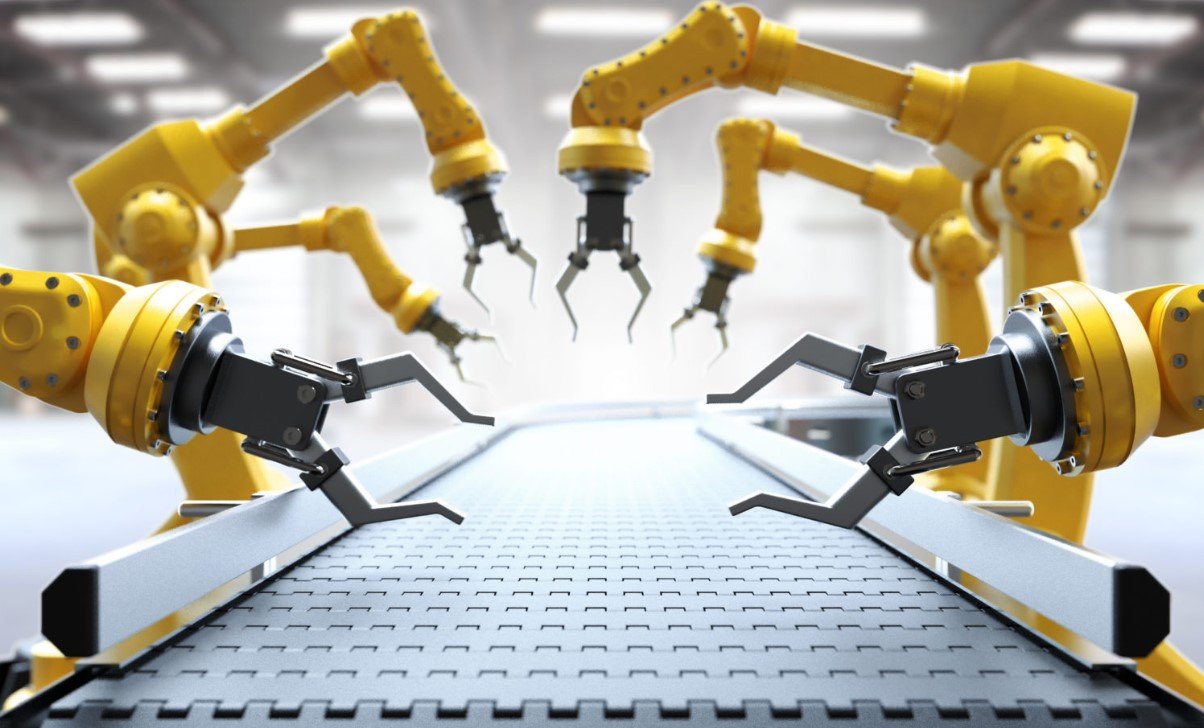The integration of Artificial Intelligence (AI) with Numerical Control (NC) machining is transforming the manufacturing industry. By leveraging sophisticated algorithms and machine learning, AI-NC machining enhances precision, efficiency, and productivity. This revolutionary technology optimizes CAD-to-part processes, reduces errors, and enables real-time data analysis and predictive maintenance. As the manufacturing landscape evolves, AI-integrated NC machining stands at the forefront, driving a new era of production excellence.
Enhancing Precision and Efficiency
AI-integrated NC machining significantly improves precision in manufacturing processes. By utilizing advanced algorithms, these systems can make real-time adjustments to machining parameters, ensuring optimal performance. This level of precision reduces material waste and enhances the quality of the final product.

Efficiency is another critical benefit of AI in NC machining. AI-driven systems can analyze vast amounts of data to identify patterns and optimize machining processes. This leads to faster production times and lower operational costs. Manufacturers can achieve higher throughput without compromising on quality.
Moreover, AI integration allows for continuous monitoring and adjustment of machining operations. This real-time feedback loop ensures that any deviations from the desired parameters are quickly corrected, maintaining consistent quality throughout the production process.
Optimizing CAD-to-Part Processes
The CAD-to-part process is a crucial aspect of manufacturing, and AI integration plays a vital role in optimizing this workflow. AI-driven NC systems can automatically generate tool paths and machining strategies based on the CAD model. This automation reduces the need for manual intervention and minimizes the risk of human error.
Additionally, AI algorithms can simulate machining operations before they are executed. This predictive capability allows manufacturers to identify potential issues and make necessary adjustments in advance. As a result, the production process becomes more reliable and efficient.
AI integration also facilitates better collaboration between design and manufacturing teams. By providing real-time insights and feedback, AI-driven systems enable seamless communication and coordination. This collaborative approach leads to improved product designs and faster time-to-market.
Real-Time Data Analysis and Predictive Maintenance
One of the most significant advantages of AI-integrated NC machining is the ability to perform real-time data analysis. AI systems can continuously monitor machining operations and collect data on various parameters, such as temperature, vibration, and tool wear. This data is then analyzed to identify trends and anomalies.
Predictive maintenance is another key benefit of AI in NC machining. By analyzing historical data and identifying patterns, AI systems can predict when a machine component is likely to fail. This proactive approach allows manufacturers to schedule maintenance activities before a breakdown occurs, reducing downtime and maintenance costs.
Furthermore, real-time data analysis enables manufacturers to optimize their machining processes continuously. By identifying inefficiencies and areas for improvement, AI-driven systems can suggest adjustments to enhance performance. This iterative process leads to continuous improvement and higher overall productivity.









